British Zionist Richard Crossman Dies
Richard Crossman, who supported Zionist efforts while serving on the Anglo-American Commission of Inquiry, passes away at his home in England from liver cancer.
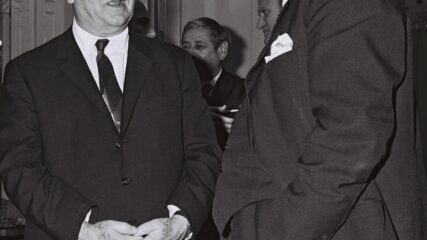
Richard Crossman, who supported Zionist efforts while serving on the Anglo-American Commission of Inquiry, passes away at his home in England from liver cancer.
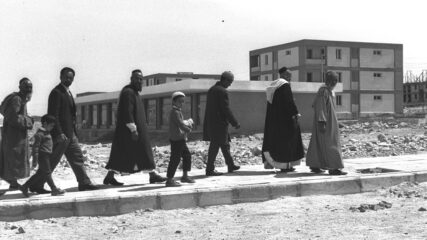
November 28, 1961 Israel launches Operation Yachin to enable members of the 2,000-year-old Moroccan Jewish community to make aliyah. By the time the operation ends in 1964, more than 97,000 Jews emigrate from Morocco via…
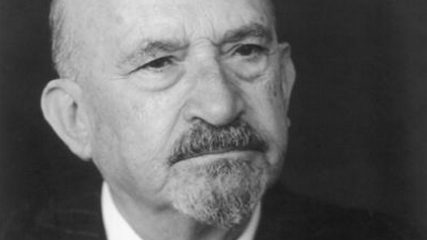
Chaim Weizmann, a leader of the Zionist movement and the first president of the State of Israel, dies in Rehovot after a yearlong illness.
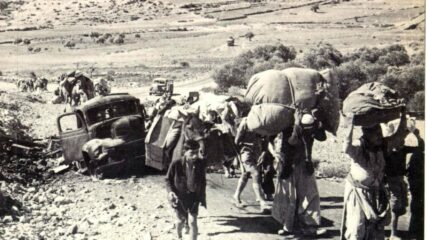
December 11, 1948 The United Nations General Assembly passes Resolution 194, addressing “the situation in Palestine” amid the ongoing Israeli War of Independence, on a vote of 35-15 with eight abstentions. The resolution never references…
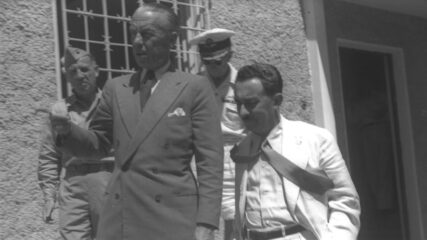
May 20, 1948 Count Folke Bernadotte is appointed by the U.N. Security Council as the mediator for Middle East peace efforts five days into the Israeli War of Independence. Bernadotte was born in Sweden in…
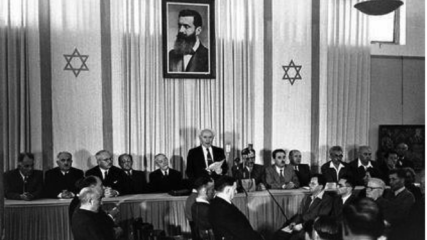
On Friday afternoon in the Tel Aviv Museum, David Ben-Gurion, chairman of the Provisional State Council, declares Israel’s independence. The United States is the first country to recognize the new and already besieged state of Israel.

The second secret meeting between the two is a last-ditch effort to persuade Transjordan to stay out of an impending war with the soon-to-be declared State of Israel.
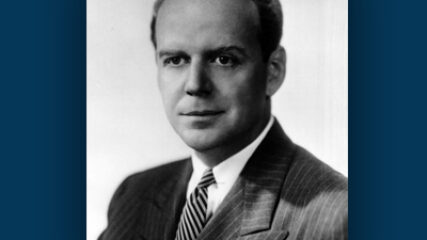
Clark Clifford did not want the US to waiver from the partition resolution passed at the UN in November 1947, which called for the division of Palestine into Arab and Jewish states.
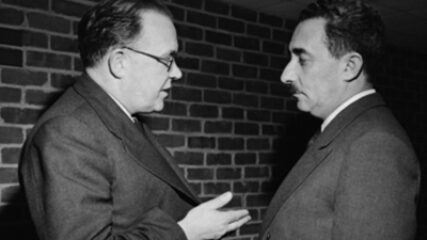
A two-day debate on the future of Britain’s presence in Palestine begins in the British House of Commons. Eventually it is decided to terminate the 1922 League of Nations Mandate for Palestine.
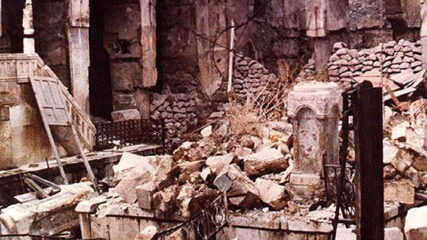
The U.N. General Assembly vote the previous day for the partition of Palestine sparks between Jews and Arabs in the British Mandate of Palestine and riots against Jews in Arab cities around the Middle East
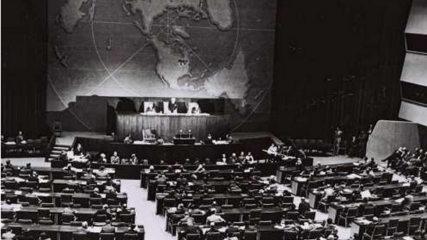
The United Nations General Assembly passes Resolution 181 by a vote of 33-13 with 10 abstentions. The Resolution recommended the creation of separate Arab and Jewish states in Palestine, linked by an economic union.
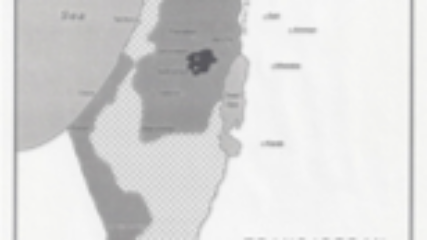
David Ben-Gurion, the chairman of the Executive of the Jewish Agency since 1935, formally accepts the partition plan proposed by the United Nations Special Committee on Palestine (UNSCOP).
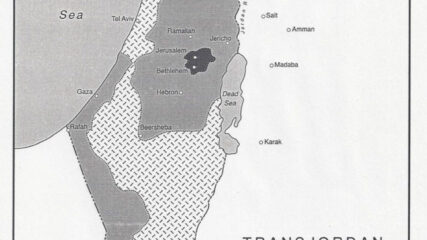
September 29, 1947 The Arab Higher Committee for Palestine formally rejects the U.N. Special Committee on Palestine’s partition plan, which advocates for the division of the land into a separate Jewish and Arab states and…
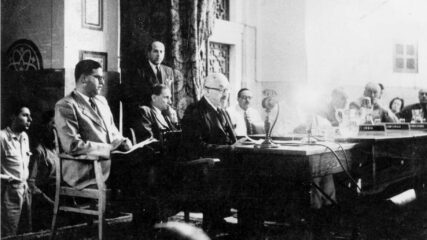
The United Nations had set up UNSCOP in April 1947. Its purpose, like previous commissions that visited Palestine, is to investigate underlying causes for communal unrest and to make political recommendations about curtailing violence.
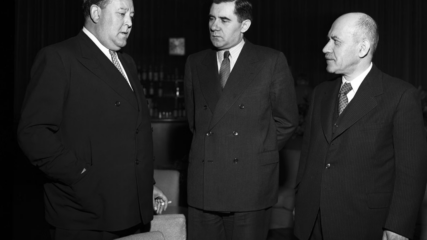
Soviet Foreign Minister Andrei Gromyko proposes a unitary state for Palestine, but vows to support partition if it is deemed the only workable solution.
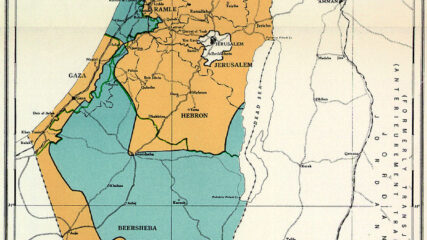
April 2, 1947 The British government notifies the United Nations of its intent to bring the question of Palestine’s future before the next U.N. General Assembly. The United Kingdom also requests a special General Assembly…
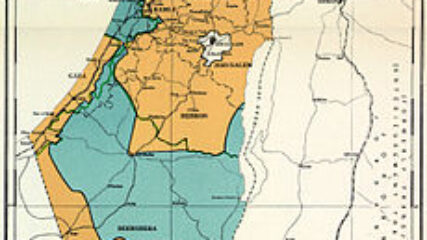
The British respond to rising violence in Mandatory Palestine by asking the United Nations to figure out what to do.
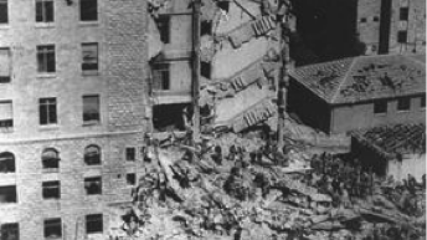
Members of the Irgun, a Jewish military organization that is absorbed into the IDF during the 1948 War, bomb the British administrative headquarters in Palestine, based in the King David Hotel in Jerusalem. Twenty-eight British, forty-one Arabs, and seventeen Jews are killed.
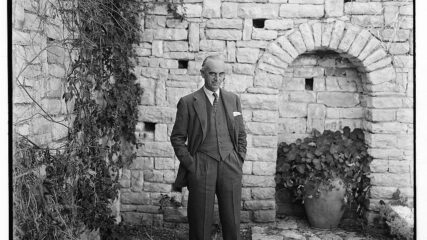
Rattled by numerous attempts on his life, and fearing for the safety of his family, MacMichael steps down in August 1944.
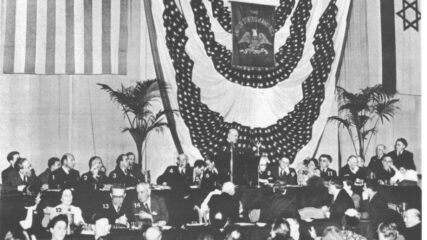
The Biltmore Conference will set the framework for Zionist policy in the years during and after World War II.

The 1939 White Paper signaled Britain’s readiness to relegate the Jews in Palestine to minority status in a future majority-Arab state.
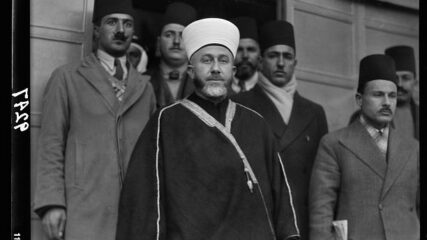
The Mufti has enormous power in his hands, yet he chooses non-engagement with the British, who controlled Palestine.
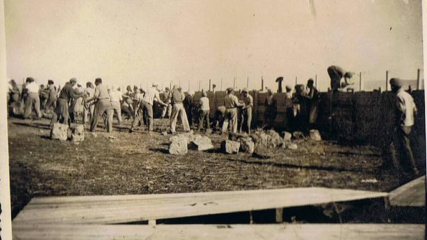
Kibbutz Kfar (Village) Ruppin is established under the framework of the “Tower and Stockade” movement in Zionism, which takes place primarily between 1936-1939.
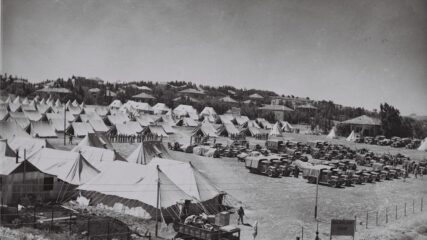
In the midst of the 1936-1939 Arab revolt, a debate over British policy in Mandatory Palestine is held in the House of Commons.